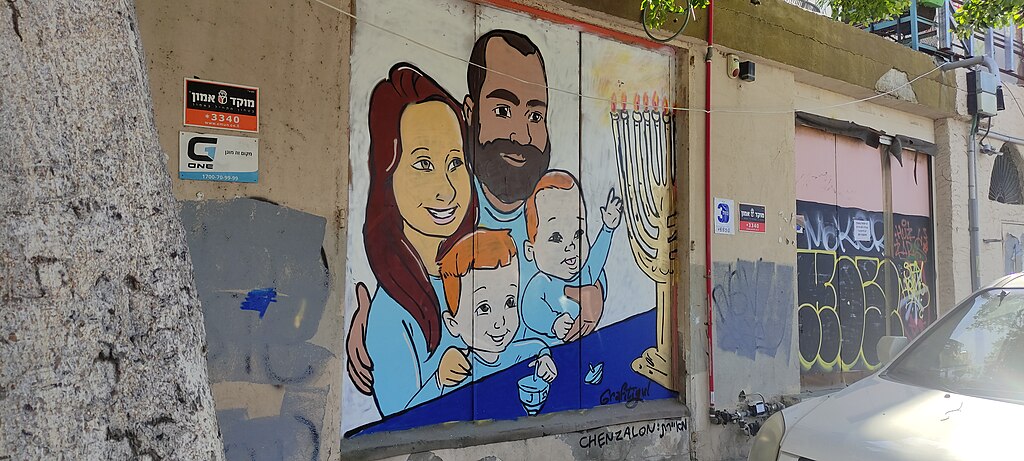This week, the entire Jewish community is mourning Shiri, Ariel, and Kfir Bibas. The images and stories of the hostages kidnapped and murdered by Hamas have, understandably, sparked a wide range of emotions, from sadness to shock to anger. We are grappling with how to respond, how to remember, and how to move forward – something we have been thinking about since October 7th, 2023, and beyond.
Not only that, like many of us, I’ve been struggling with how to deal with the looming threats and proclamations that are impacting so many aspects of our daily lives, from health to education to security.
So to help process the immediacy of what is happening, I’ve been trying to think, “How will we look at these memories and tell the story afterward?” While the pain and loss are still very fresh right now, as unbelievable as it may sound at this moment, it’s possible that in the future, we will be drawing on even these horrors for strength and hope. Journalist Olga Khazan recently wrote a piece in the Atlantic on the surprising ways in which we sometimes look back on difficult times.
Nostalgia for terrible things may sound absurd, but many people experience it, for reasons that speak to the way people make meaning of their lives. The central reason for this phenomenon, according to researchers who study nostalgia, is that humans look to our past selves to make sense of our present. Reflecting on the challenging times we’ve endured provides significance and edification to a life that can otherwise seem pointlessly difficult. The past was tough, we think, but we survived it, so we must be tough too.
That framing – “we survived, so we must be tough too” – may be a way in which we can help move forward as we navigate unprecedented times, both at home and abroad. Indeed, think about how we reflect on the spring of 2020. It was scary, difficult, and heart-breaking – and yet many of us have an almost nostalgic view on that time. Not only may we remember the time spent together, or the walks outside, but even the elements we didn’t like at the time, as a reminder of how much we got through at the time. That’s a message we can also find in this week’s portion, Mishpatim.
Here, the Israelites are reminded of their difficulties in Egypt – not just once but twice (and, in fact, this idea is one that runs through the Torah): “You shall not wrong or oppress a stranger, for you were strangers in the land of Egypt,” (22:20) and “You shall not oppress a stranger, for you know the feelings of the stranger, having yourselves been strangers in the land of Egypt.” (23:9)
Memory is not about simply recalling difficult times. It’s about using those memories to influence the present and future. On Pesach, for example, we don’t simply say, “That whole time being enslaved in slavery was pretty terrible. Oh well!” Rather, we use that as an impetus for how we act – to fight for the powerless and expand the rights of others to preserve our traditions.
When we experience difficulties or mourn a tragic loss, we need time to process it, and without a doubt, we wish it never happened. But our hope may be that we draw on it, that it impels us forward and allows us to build a better future. In the words of Danish theologian and philosopher Søren Kirkegaard, “Life has to be lived forward, but can only be understood backward.”
Today, we mourn, and sadly, we will most likely be mourning for quite a while. But in time, we may be able to draw on it for our own strength. Indeed, we can strive to make their memories truly for a blessing, and that is upon us.

Rabbi Geoffrey A. Mitelman is the Founding Director of Sinai and Synapses, an organization that bridges the scientific and religious worlds and is being incubated at Clal – The National Jewish Center for Learning and Leadership. He was ordained by the Hebrew Union College-Jewish Institute of Religion and served as Assistant and then Associate Rabbi of Temple Beth El of Northern Westchester. In addition to My Jewish Learning, he’s written for The Huffington Post, Science and Religion Today, and WordPress.com. He lives in Westchester with his wife, Heather Stoltz, a fiber artist, and their daughter and son.

